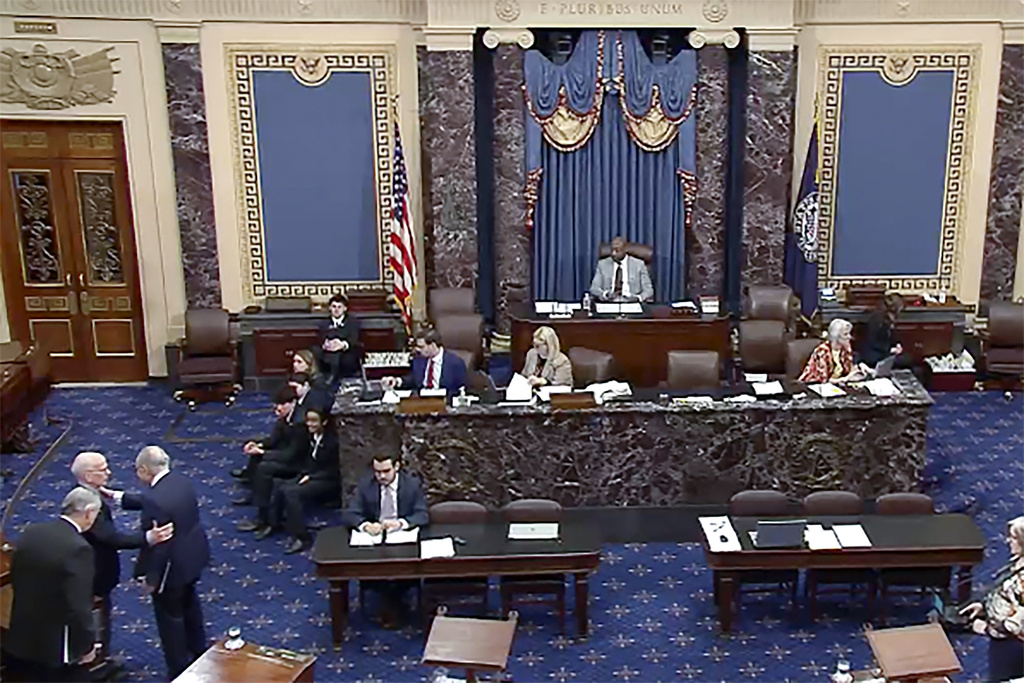The Israeli parliament has approved new legislation that will allow the banning of foreign television stations in certain circumstances.
According to the second and third final readings of the legislation, if the prime minister is convinced that a foreign TV channel is harmful to the country, the communications ministry can take action against it after receiving at least a safety opinion and majority government approval.
In this case, the communications minister can issue orders to close the channel’s offices in Israel, confiscate broadcasting equipment, prevent the channel from broadcasting its reports, remove the channel from cable and satellite companies, and block its website and media sites, among other things.
“We have put in place an effective and swift means of taking action against those who use freedom of the press to harm Israel’s security,” read a statement by Communications Minister Shlomo Karhi.
“Al Jazeera has harmed Israel’s security, actively participated in the Oct. 7 massacre, and incited against IDF (Israeli Defense Forces) soldiers. It is time to remove the Hamas hawk from our country. The Al Jazeera terror channel will no longer broadcast from Israel,” Benjamin Netanyahu wrote on social media after the law was passed.
“In accordance with the new law, I want to act immediately to stop the channel’s activities. I welcome the law submitted by Communications Minister Shlomo Karhi and passed with the support of the coalition parties,” he added.
The United States called the move a worrying step, with White House spokeswoman Karine Jean-Pierre expressing the government’s concern over the move.
“We believe in freedom of the press, and we consider it extremely important,” Jean-Pierre said, stressing that the U.S. position on this issue is the same for all media.





